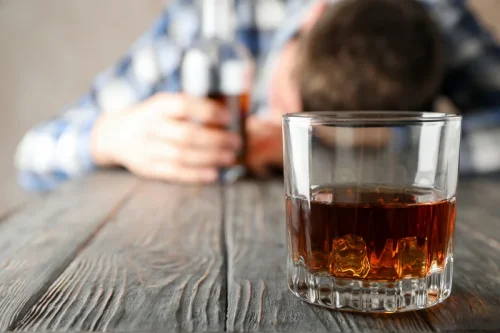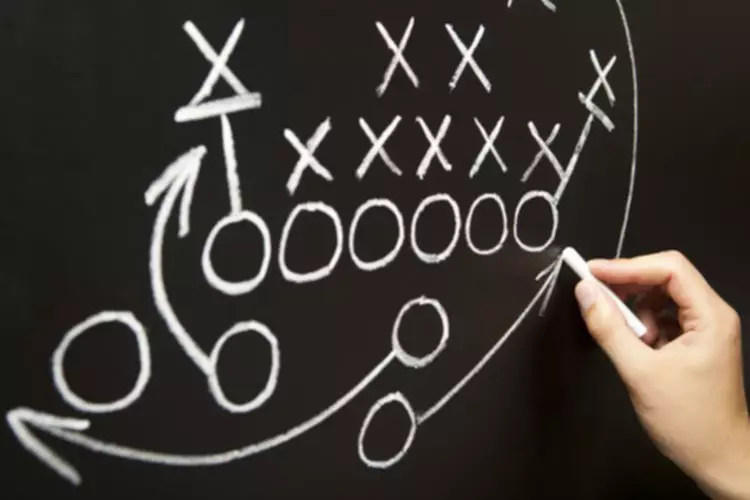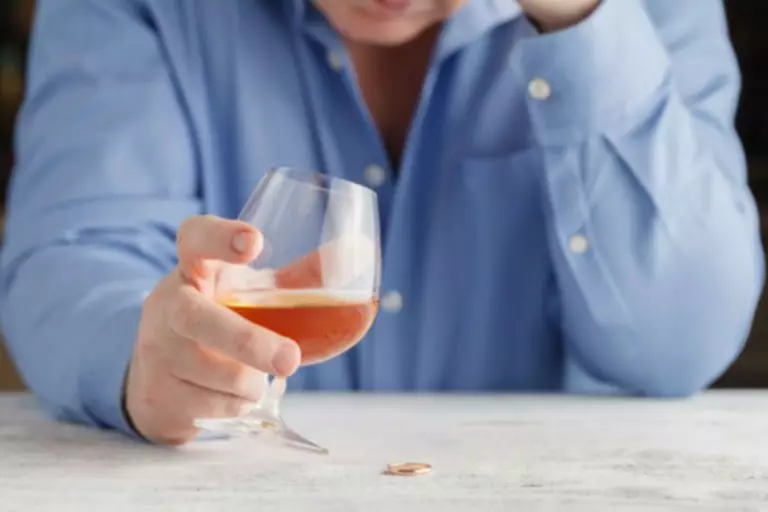
Your doctor may also use a questionnaire like the Clinical Institute for Withdrawal Assessment for alcohol revised scale (CIWA-Ar) to determine the severity of your withdrawal symptoms. When you engage in chronic heavy drinking, your brain adapts to the presence of alcohol in your blood to maintain homeostasis (a balanced state). As your brain grows accustomed to higher blood alcohol concentration levels, it starts to rely on alcohol to function properly. For example, some people may experience mild nausea with no vomiting, while others may have severe nausea and frequent vomiting or dry heaving. Alcohol withdrawal syndrome (AWS) describes a broad range of symptoms a person with AUD may experience when reducing or stopping alcohol misuse. Tap into your social network to help support you through alcohol withdrawal.

Coping and support
It’s important first to get evaluated by a medical professional and to reach out to a support system if you’re able. This could be family members, friends, members of your community, or people in sobriety support groups. This is why some people may be hesitant or afraid to quit drinking. Still, try to keep in mind that these symptoms — though uncomfortable — are temporary. The medical professional who evaluated your AWS symptoms may suggest daily follow-ups via telephone or video chat to check on your symptoms and progress. If your symptoms become more severe, it’s essential to reach out to your treatment team and seek professional help right away.

What is the treatment for alcohol withdrawal?
Following successful completion of detox, an inpatient or outpatient rehabilitation program may be recommended to allow further work toward recovery and relapse prevention. Alcohol use disorder or drinking heavily over an extended period can change a person’s brain chemistry due to the continued exposure to the chemicals in alcohol. Avoid people who may encourage you to drink alcohol or may not support your decision to stop. It may be easier on your rehabilitation to skip visits with “drinking buddies” or avoid gatherings with a focus on drinking. Keep a list of emergency phone numbers on hand that includes contact info for your doctor, the police, a nearby hospital, and someone you trust.
- Know that your provider will be there to support you, not to judge you.
- You’ll likely begin to feel better between five to seven days after you stop drinking, though some symptoms—like changes in sleep patterns, fatigue, and mood swings—can last for weeks or months.
- These programs involve working with a team of mental health professionals in a group and individual setting.
- The main ways to prevent alcohol withdrawal are to avoid alcohol altogether or to get professional help as soon as possible if you think you’re developing alcohol use disorder.
- These first few weeks are critical because they are when the risk of relapse is highest.
International Patients
It can be helpful to make a plan ahead of time for how to handle a relapse. For example, some people choose to write a list of reasons why they want to stop drinking alcohol, and revisit the list to remind themselves after a relapse. You may want to speak with a loved one or therapist about a strategy to prevent relapses from happening. In addition, vitamin supplements may be given to replace essential vitamins that are depleted by alcohol use. Once withdrawal is complete, additional medications and supplements may be needed to address complications and nutritional deficiencies that occur because of chronic alcohol use. The symptoms may worsen over 2 to 3 days, and some milder symptoms may persist for weeks in some people.
Talk to your doctor or a drug treatment specialist about what to expect as you experience alcohol withdrawal. Identify a family member or friend who you can call on to provide emotional support. AWS is more common in adults, but children and teenagers who drink excessively may also experience the symptoms. You’re also at risk for AWS if you’ve previously had withdrawal symptoms or needed medical detox for a drinking problem. Patients presenting with alcohol withdrawal syndrome should receive thiamine and folate supplementation as they are often nutritionally deficient. Moderate symptoms of alcohol withdrawal may last up to 6 days, whereas severe symptoms may last for 5 to 7 days.

Alcohol Withdrawal Treatment
- Alcohol has a slowing effect (also called a sedating effect or depressant effect) on the brain.
- You may want to speak with a loved one or therapist about a strategy to prevent relapses from happening.
- Proposed regiments include fixed dosing with as-needed doses available.
- When you suddenly stop drinking, your body is deprived of the effects of alcohol and requires time to adjust to functioning without it.
- Seizures can occur within 6 to 48 hours, while hallucinations can occur within 12 to 48 hours after drinking is reduced or stopped, says Dr. Nolan.
Generally, you may need treatment for alcohol misuse when you can no longer control the amount you drink or how long you drink. You may also know that you need help with alcohol misuse when you begin experiencing consequences directly related to your alcohol misuse—but you still can’t stop or cut back on the amount that you’re drinking. To learn more about when you may need help for alcohol misuse, visit our informational page on helping someone with an alcohol use disorder or take our alcohol misuse self-assessment. Although you might be tempted to tough out withdrawal symptoms by yourself, it’s not worth the risk. A healthcare provider may request daily visits during which they will likely run blood tests and monitor vital signs until symptoms stabilize.
Relieving symptoms of alcohol withdrawal
Withdrawal symptoms are common for people with alcohol use disorder who stop drinking, but many respond well to treatment. If you are thinking about quitting drinking, talk to your healthcare provider. Medical supervision, behavioral health treatment, and mutual-aid groups can help you through alcohol withdrawal and stay stopped. When someone drinks alcohol for a prolonged period of time and then stops, the body reacts to its absence.

SEVERE OR COMPLICATED SYMPTOMS (CIWA-AR SCORE OF 19 OR MORE)
- Symptoms that have associations with this condition can be mild, severe, or in some cases, life threatening.
- The experience of withdrawing from alcohol can be uncomfortable and difficult.
- However, if a person already has alcohol use disorder, they can help prevent some of the withdrawal symptoms by speaking to a doctor about safe withdrawal.
- You may experience AWS between a few hours to a few days after your last drink or suddenly after reducing heavy alcohol use.
- That will help you decide on the best plan to stop drinking, with support which can include specific prescription medication to take during your withdrawal.
- However, medical complications can occur during the acute phase of withdrawal.
They’re sedatives that work by stimulating gamma-aminobutyric acid (GABA), a chemical in the brain that is involved in setting off alcohol withdrawal symptoms. Once you have gone through withdrawal, you’ll also need a plan to remain alcohol-free. Start by talking to a healthcare provider about the treatment options for alcohol dependence. Symptoms of alcohol withdrawal typically improve within five days, though a small number of patients may have prolonged symptoms, lasting weeks.
Alcohol withdrawal syndrome
Withdrawal symptoms can be physical and psychological, and range in severity from mild to severe. If you are concerned you might be dependent on alcohol, you should seek medical advice to help you cut down and stop your drinking safely. It’s typical for withdrawal symptoms to begin within hours to a day or two after you have your last drink. Symptoms are often at their worst around 24 to 72 hours after you stop drinking. If left untreated, withdrawal can progress to complicated alcohol withdrawal.
